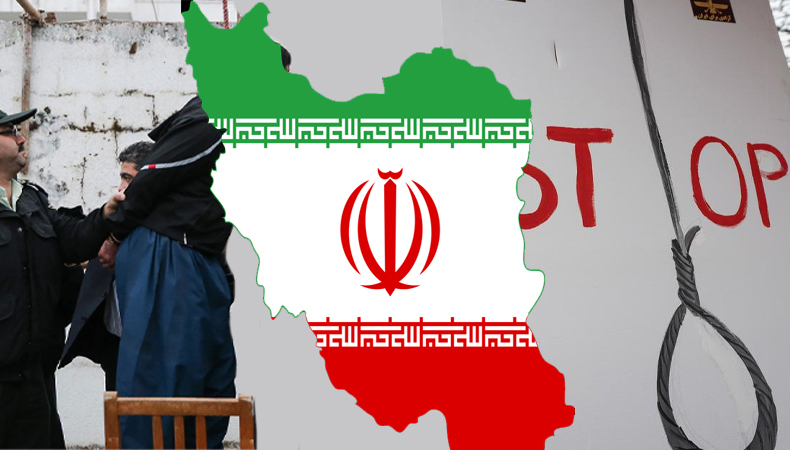Iran using execution to repress ethnic minorities: Amnesty International

In a report published alongside Iranian human rights organisation the Abdorrahman Boroumand Center, Amnesty International said Iran is executing members of ethnic minorities as a “tool of repression”, adding the 94 people in the regime executed since the start of the year include 14 Kurds, 13 Baluchis, and an Ahwazi Arab.
“[The Iranian authorities’] actions amount to an assault on the right to life and a shameless attempt … to spread fear that dissent will be met with brute force,” Roya Boroumand, the executive director of the Abdorrahman Boroumand Center, said.
The executions, many carried out in secret, according to Amnesty International, violate international law and were retaliation for the mass demonstrations that have rocked Iran since last September following the mysterious death of a 22-year-old Kurdish woman, Mahsa Amini, in police custody.
The young woman was arrested by the country’s notorious morality police for improperly wearing her hijab, a mandatory headscarf under the regime’s strict rules.
Read | Tunisia forbids opposition protests due to “plots”
Amnesty said the Ahwazi Arab man, Hassan Abyat, was executed on February 20, and just a couple of days later, a Kurd named Arash Ahmadi was executed. Both men were subjected to intense torture in order to extract confessions of guilt, including being tied to a bed before being beaten and electrocuted, it is claimed.
In scores of cases, minorities sentenced to death have been convicted of what the human rights organisation called “vaguely worded” religious-based crimes, such as “enmity against God” and “spreading corruption on earth”.
Diana Eltahawy, Amnesty International’s deputy regional director for the Middle East and North Africa, highlighted the growing need of the world to pressurise the Iranian authorities to establish an official moratorium on executions, in addition to quashing unfair convictions and death sentences.




